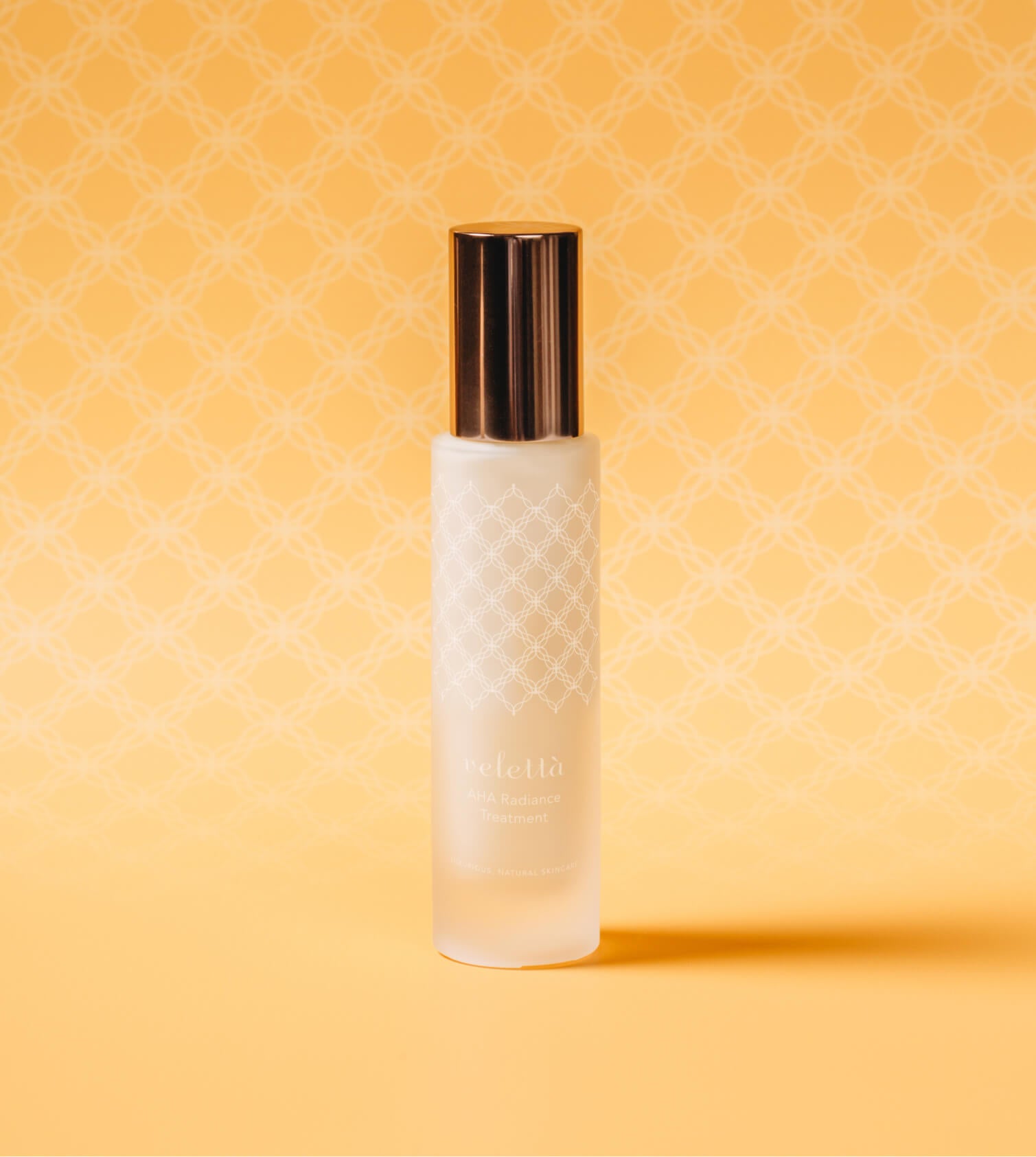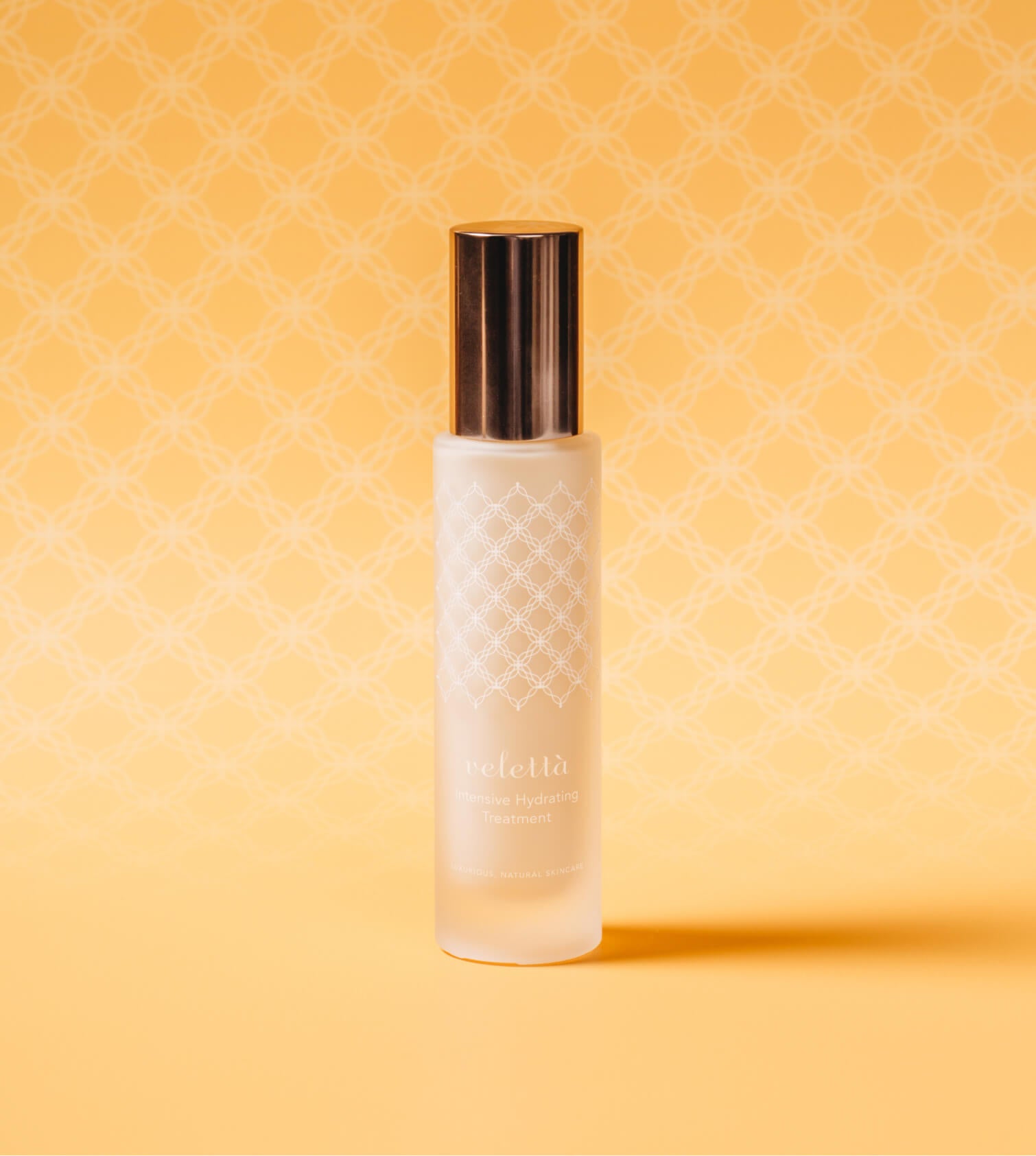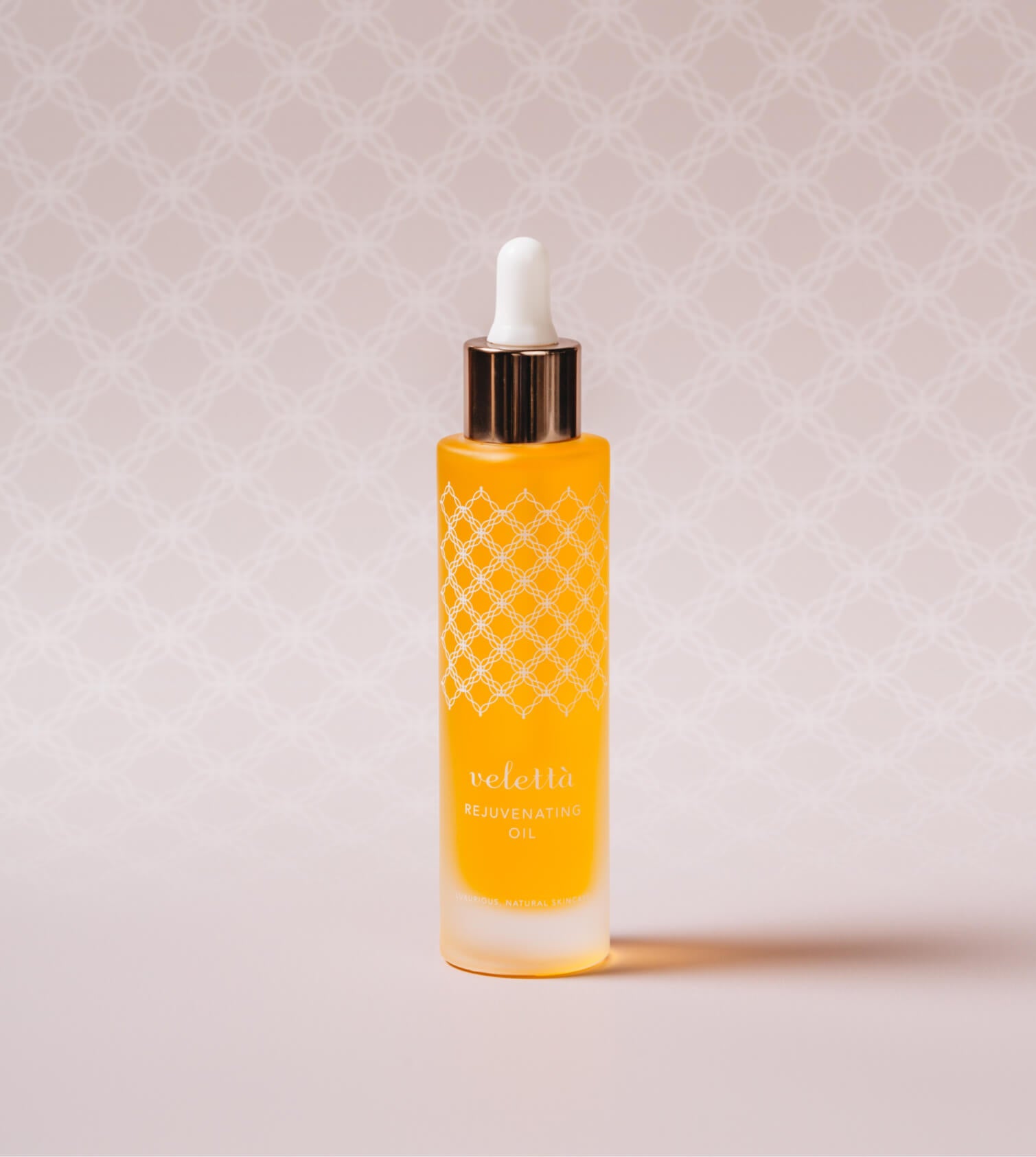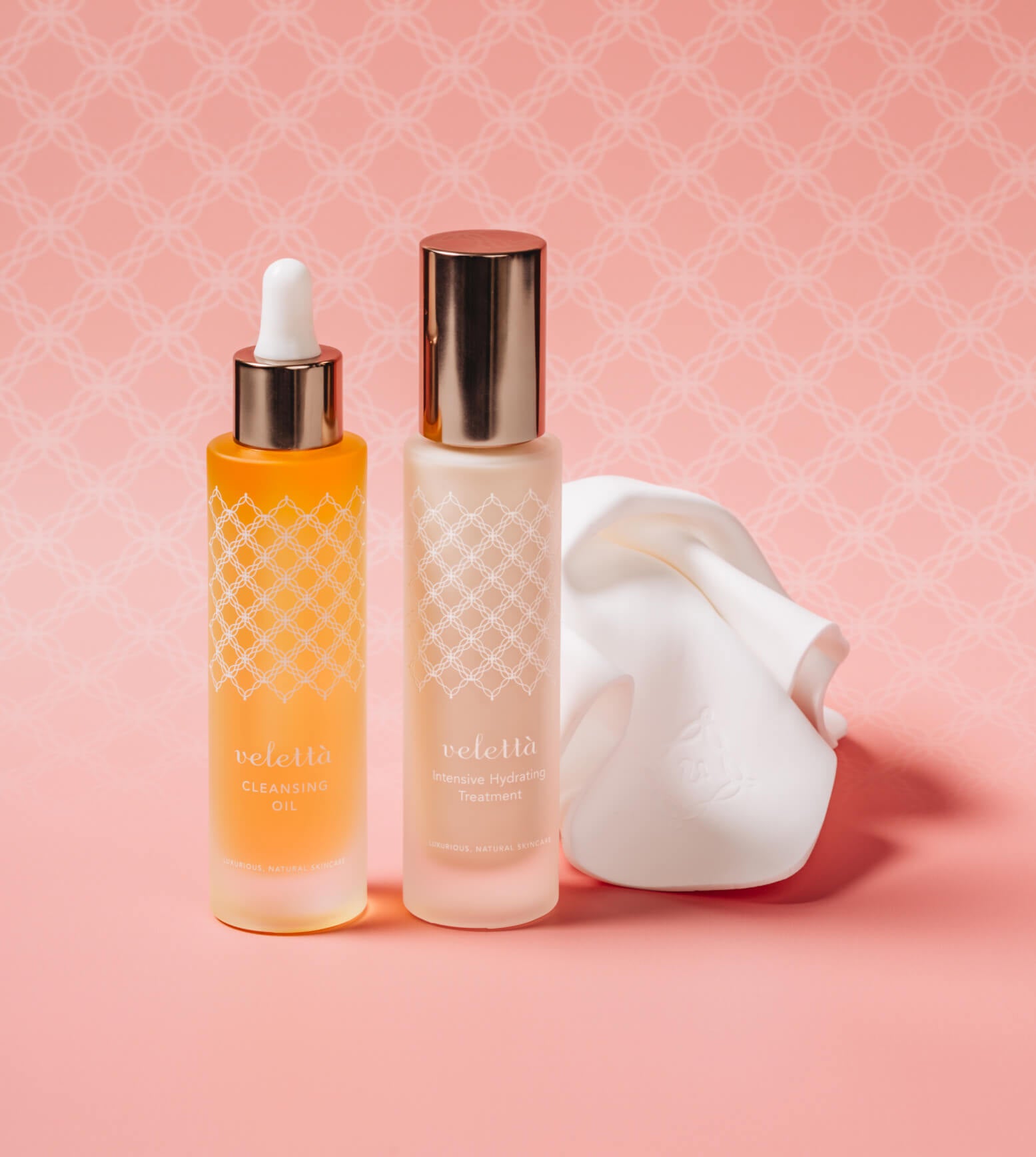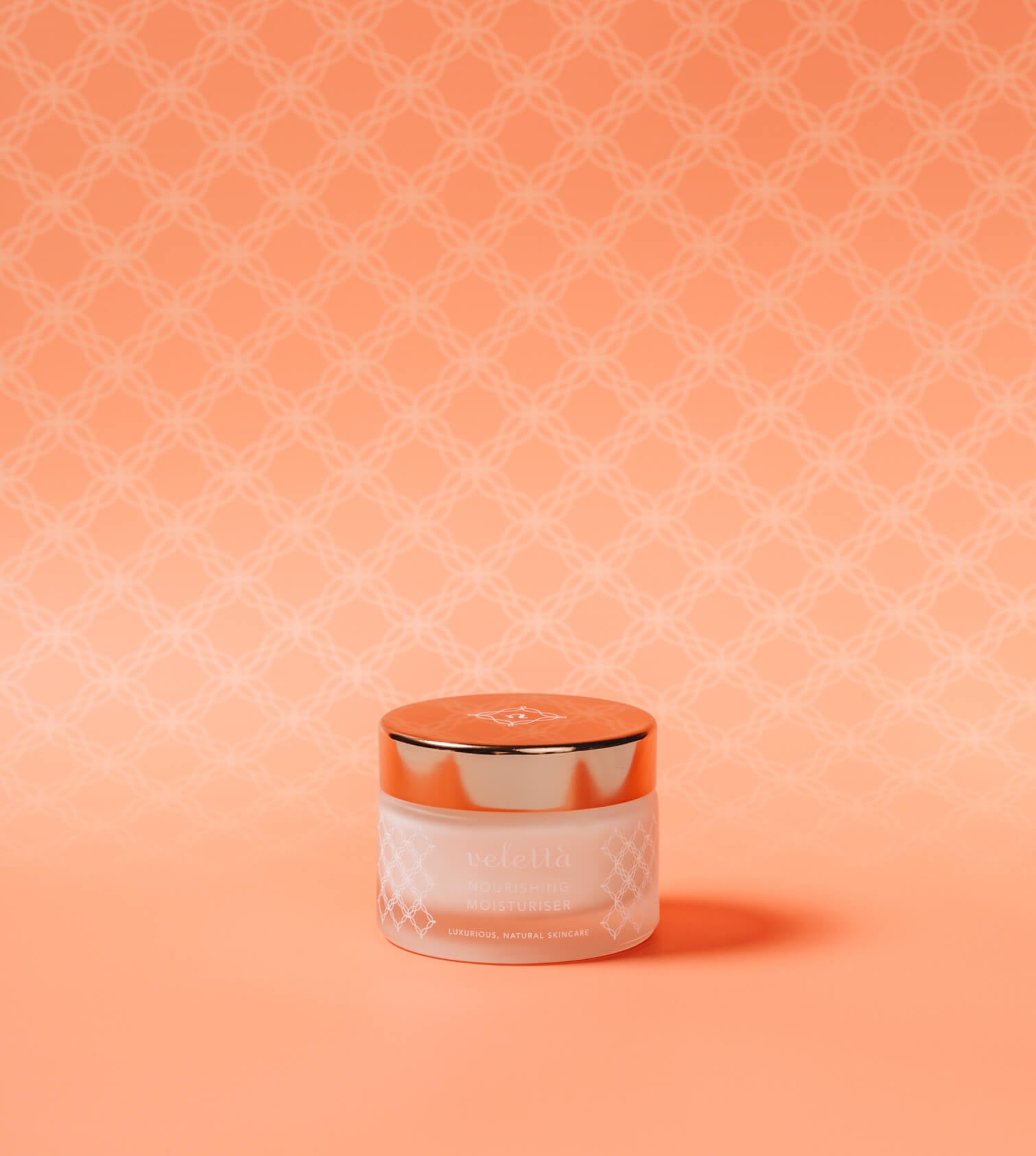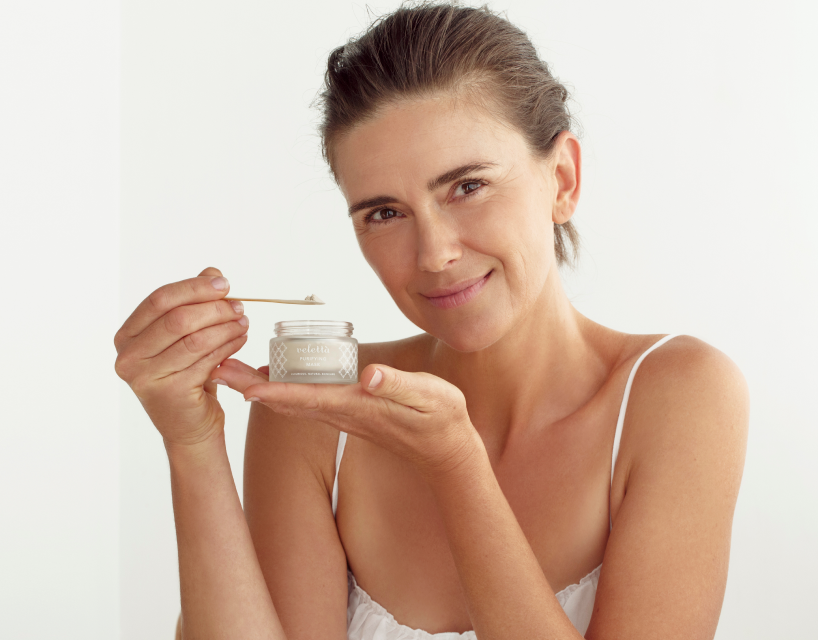Menopause is a natural biological process that occurs in women as they age, typically between the ages of 45 and 55. It marks the end of a woman's reproductive years and is characterised by the cessation of menstrual periods.
During the transition to menopause, women experience a phase called perimenopause. This stage can last several years and is characterised by hormonal fluctuations and irregular menstrual cycles. Perimenopause usually begins in a woman's 40s, but it can start earlier for some women.
Research has shown that perimenopause and menopause are associated with various symptoms that can significantly impact a woman's quality of life. Common symptoms include joint pain hot flashes, night sweats, mood swings, vaginal dryness, sleep disturbances, and changes in sexual function. Researchers in one study found that hot flashes were reported by approximately 85% of women, while other research suggests that sleep disturbances were reported by around 60%. In fact a recent study by Zoe found that 99.9% of women in perimenopause had one or more symptoms and that 41.2% of postmenopausal participants had at least 12 symptoms (average of 10.5 symptoms).
These findings highlight the significance of these symptoms and the need for effective management strategies. Hormonal changes play a crucial role in the development of menopausal symptoms. Estrogen levels decrease during menopause, leading to a range of physiological and psychological changes. For instance, lower estrogen levels have been associated with an increased risk of osteoporosis, cardiovascular disease, and cognitive decline.
Fortunately, there are various treatment options available to alleviate menopausal symptoms. Hormone replacement therapy (HRT) is a common approach that involves supplementing the body with estrogen or a combination of estrogen and progesterone. However, HRT may not be suitable for everyone, and it's essential to discuss the risks and benefits with your doctor. Non-hormonal treatments, such as selective serotonin reuptake inhibitors (SSRIs) and serotonin-norepinephrine reuptake inhibitors (SNRIs), have also effectively managed hot flashes and mood-related symptoms. Lifestyle changes like regular exercise, a balanced diet, and stress reduction techniques can also help alleviate symptoms and improve overall well-being.
It's worth noting that menopause is a unique experience for each woman, and not all women will experience the same symptoms or severity. Additionally, the duration of menopause can vary, with some women experiencing symptoms for only a few months while others may experience them for several years.
Understanding menopause and perimenopause is crucial for women's health and well-being. By staying informed about the latest research and discussing symptoms and treatment options with doctors, women can navigate this natural transition with greater ease and comfort.


